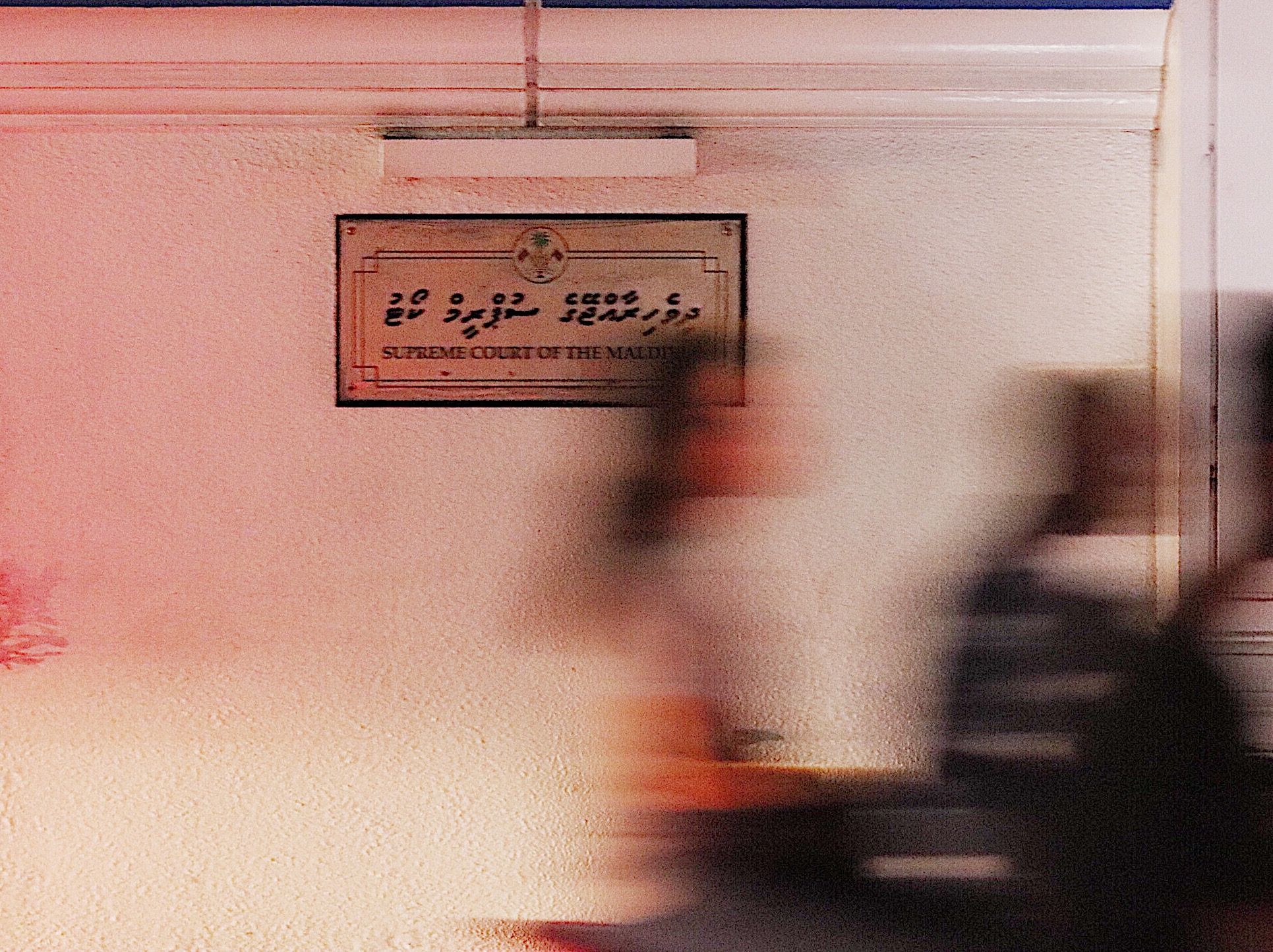Maldives Supreme Court – a law unto itself?
While the Supreme Court annulled all proceedings against the high-profile politicians, it has not ordered the dismissal of charges. It has ordered their release until a fair retrial.

02 Feb 2018, 09:00
What has the Supreme Court done?
The Supreme Court Thursday night ordered the immediate release of high-profile prisoners including the former president Mohamed Nasheed and former vice president Ahmed Adeeb. It also reinstated the 12 MPs who were previously stripped of their seats to give the opposition coalition a majority in parliament, which has the power to impeach President Abdulla Yameen.
Why has it done this?
According to the ruling, the court believes in free and fair trials conducted without undue influence. Reading between the lines, who knows?
Become a member
Get full access to our archive and personalise your experience.
Already a member?
Discussion
No comments yet. Be the first to share your thoughts!
No comments yet. Be the first to join the conversation!
Join the Conversation
Sign in to share your thoughts under an alias and take part in the discussion. Independent journalism thrives on open, respectful debate — your voice matters.




